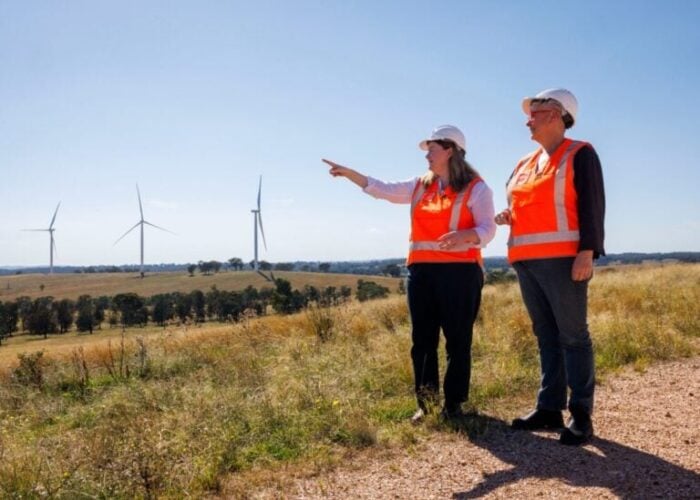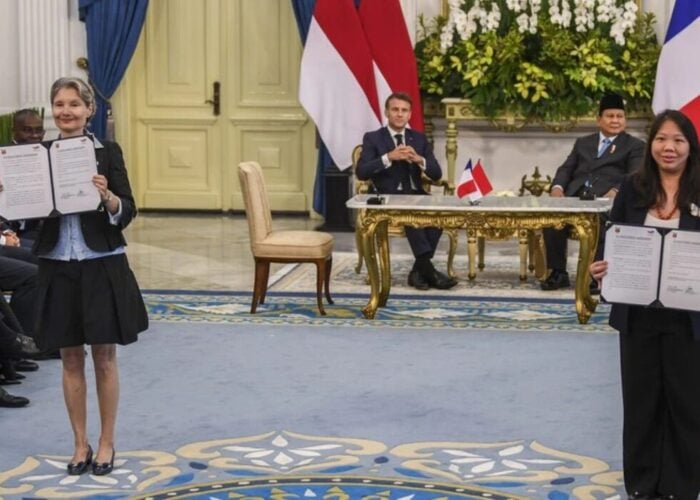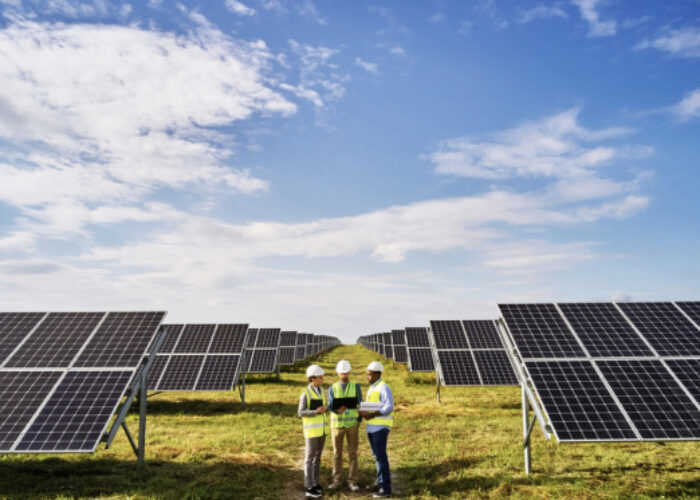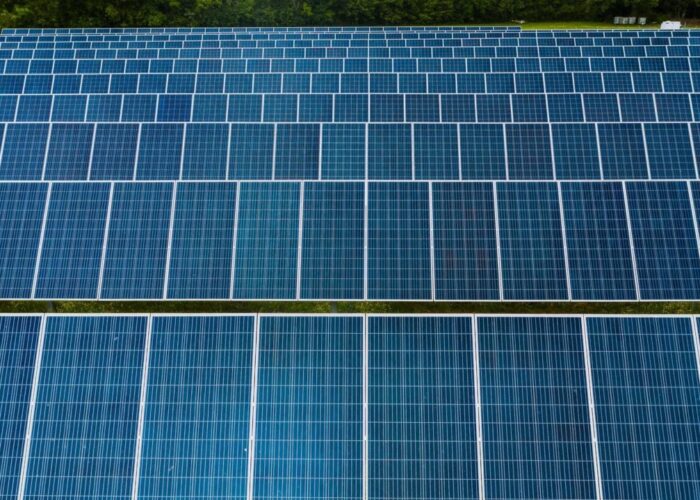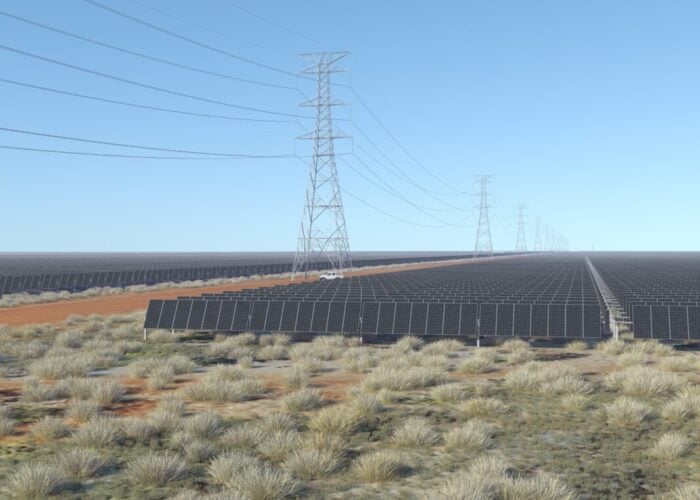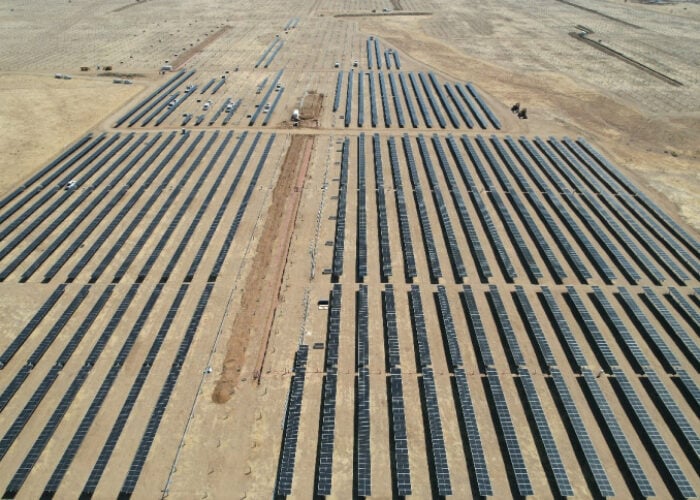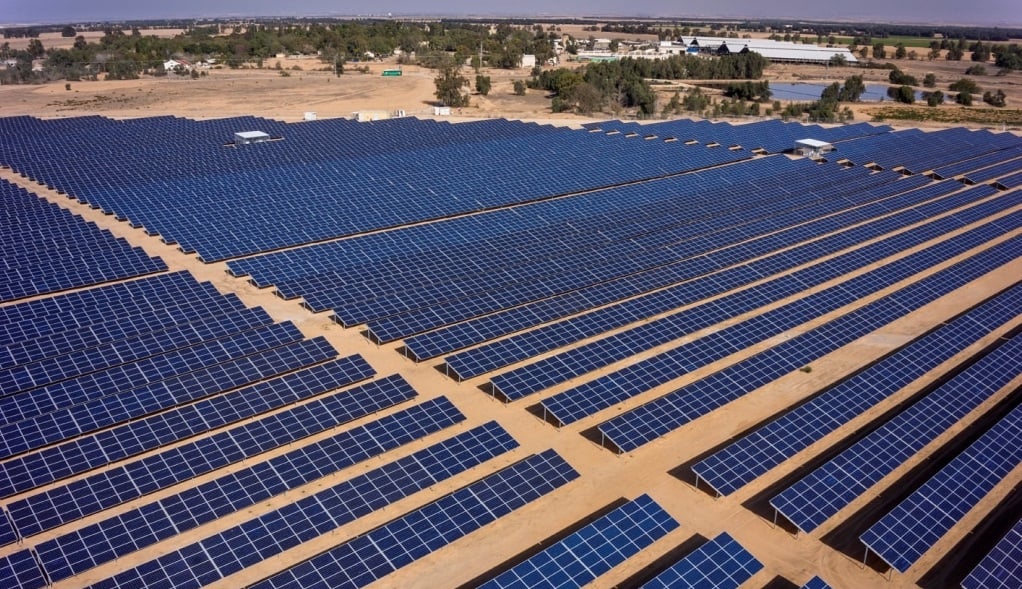
Israel will add 2GW of renewable energy to its national grid, according to the country’s Ministry of Energy and Infrastructure.
In a statement, the Israeli government said grid congestion is the main barrier to connecting additional renewables, mainly in the north and south of the country. An agreement was reached among multiple parties, such as the Ministry of Energy and Infrastructure and the Electricity Authority. After examining some power plants, Israel will be able to add renewable energy facilities to the existing electricity grid in the coming weeks.
Unlock unlimited access for 12 whole months of distinctive global analysis
Photovoltaics International is now included.
- Regular insight and analysis of the industry’s biggest developments
- In-depth interviews with the industry’s leading figures
- Unlimited digital access to the PV Tech Power journal catalogue
- Unlimited digital access to the Photovoltaics International journal catalogue
- Access to more than 1,000 technical papers
- Discounts on Solar Media’s portfolio of events, in-person and virtual
Additionally, the Israeli government also allocated ILS17 billion (US$4.46 billion) to improve the transmission network in the country. National grid manager Noga will lead the plan, which will integrate other renewables plans and storage facilities into the grid by 2030.
Israel planned to scale up solar deployment and to have 30% of its electricity generation from renewables by 2030. Having deployed 3.5GW of solar as of the end of 2021, the government expects this figure to jump to 9.8GW by 2025 and 17.1GW by the end of the decade, under a new roadmap published last year.
The Israeli government also highlighted the need to explore agrivoltaics, upgrade network infrastructure and encourage local authorities to establish new renewables plants, as it looks to expand its solar sector.

